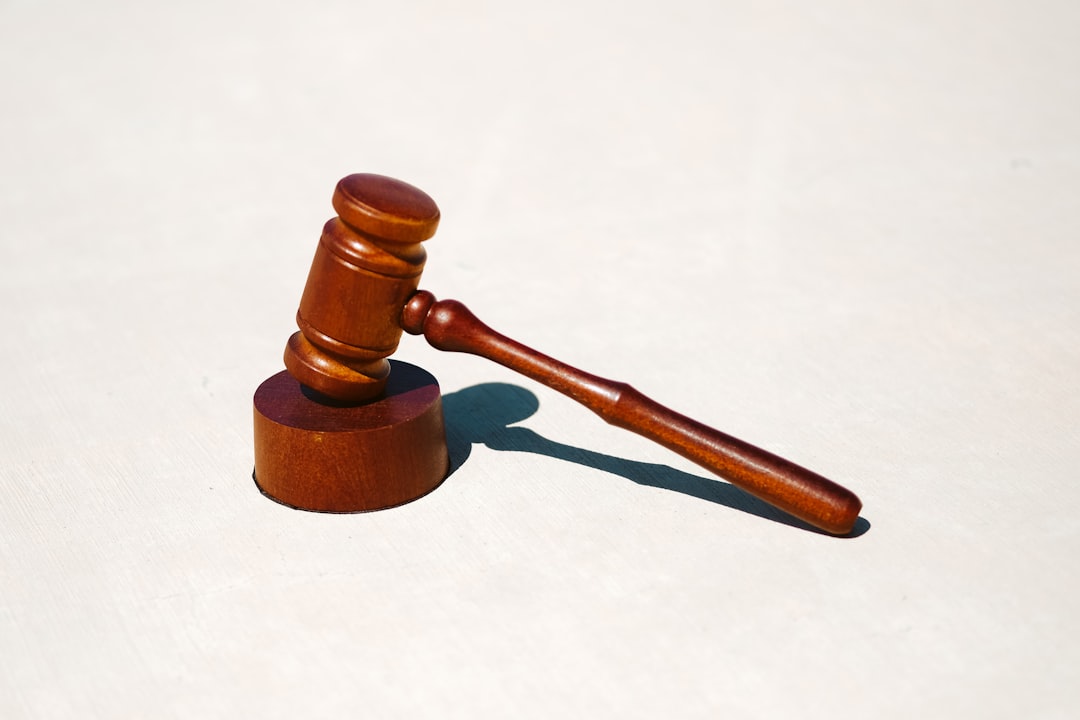“Facing assault charges in Connecticut can be a daunting experience, with severe legal implications. Understanding the state’s definitions and legal nuances is crucial for mounting a strong defense. This article guides you through the complexities of Connecticut’s criminal justice system, focusing on the vital role of a skilled defense attorney, particularly in sexual assault cases.
From evidence handling to legal arguments, we explore what makes a successful defense strategy. Additionally, we highlight the qualities to look for in selecting a reputable sexual assault lawyer in Connecticut, ensuring you’re well-represented and have the best chance at a favorable outcome.”
Understanding Assault Charges in Connecticut: Definitions and Legal Implications

In Connecticut, assault charges carry significant legal implications and are categorized based on the nature of the alleged offense. Simple assault refers to intentionally causing physical contact with another person without their consent, while aggravated assault involves using or threatening to use a deadly weapon or causing serious physical injury. Sexual assault lawyer Connecticut professionals emphasize that these definitions extend to various forms of unwanted sexual contact, including rape and sexual battery. The legal system takes such charges seriously, as they infringe upon an individual’s right to bodily integrity and personal safety.
Understanding the specific charges is crucial for those facing them, as it dictates the potential penalties and defense strategies. A sexual assault lawyer Connecticut residents trust can navigate these complexities, ensuring their client receives a fair trial. The legal implications extend beyond potential jail time; victims may also seek compensation for physical and emotional injuries through civil lawsuits. Therefore, a thorough understanding of assault laws is essential for anyone considering their options in such sensitive cases.
The Role of a Defense Attorney: Navigating the Criminal Justice System

When facing assault charges, especially sensitive cases like sexual assault in Connecticut, a defense attorney plays a pivotal role in navigating the complex criminal justice system. Their primary goal is to protect the rights of their client while ensuring they receive a fair trial. A skilled sexual assault lawyer in Connecticut will have an in-depth understanding of state laws and legal procedures related to these offenses. They can help clients understand their options, explain potential outcomes, and build a robust defense strategy.
The attorney’s expertise extends to challenging evidence, cross-examining witnesses, and presenting mitigating circumstances to the court. They serve as a guide through the intricate legal process, ensuring the client’s best interests are represented. Their role is critical in protecting individual freedom and ensuring justice is served without bias or prejudice.
Building a Strong Defense Strategy for Sexual Assault Cases

When facing sexual assault charges, a well-crafted defense strategy is paramount to achieving a favorable outcome. A seasoned sexual assault lawyer in Connecticut will begin by thoroughly examining all available evidence and identifying potential weaknesses in the prosecution’s case. This includes scrutinizing the credibility of witnesses, questioning the accuracy of physical evidence, and exploring any procedural errors that may have occurred during the incident or its subsequent investigation.
The goal is to create a compelling narrative that protects the rights and reputation of the accused while challenging the accuser’s version of events. By employing expert witnesses, robust cross-examination techniques, and a deep understanding of Connecticut’s legal framework, a skilled sexual assault lawyer can build a strong defense strategy. This proactive approach ensures that the defendant receives a fair trial and has the best chance of clearing their name.
Key Evidence and Legal Arguments in Assault Trials

In assault trials, particularly involving sexual assault charges in Connecticut, key evidence and legal arguments play a pivotal role in shaping the outcome. A sexual assault lawyer Connecticut would emphasize the importance of physical evidence such as medical records, DNA analysis, and forensic reports to establish the incident’s details. Testimonies from witnesses and victims are also crucial, requiring careful handling to ensure their reliability and consistency. Legal strategies often focus on challenging the prosecution’s case, questioning the admissibility of evidence, and exploring potential legal defenses like self-defense or lack of intent.
The legal arguments in such trials delve into the interpretation of laws related to assault, including sexual battery and harassment. A skilled sexual assault lawyer Connecticut would navigate these complexities, presenting a robust defense that challenges the state’s ability to prove every element of the crime beyond a reasonable doubt. This involves meticulous preparation, expert witness testimony, and strategic use of legal precedents to safeguard the rights of the accused.
Choosing the Right Legal Representative: Qualities of an Effective Sexual Assault Lawyer in Connecticut

Choosing the right legal representative is a pivotal step when facing sexual assault charges in Connecticut. An effective sexual assault lawyer should possess a deep understanding of Connecticut’s intricate laws surrounding assault and its unique procedures, ensuring they can navigate the complex legal landscape on your behalf. Their expertise should extend to negotiating plea deals, presenting cases before juries, and mastering evidentiary rules to build a robust defense strategy tailored to your specific circumstances.
Beyond technical proficiency, an exceptional sexual assault lawyer in Connecticut should exhibit empathy, compassion, and unwavering commitment to their clients’ well-being. They must foster a safe and non-judgmental environment, ensuring you feel heard and respected throughout the legal process. A strong attorney-client relationship built on trust is essential for open communication, allowing your lawyer to effectively advocate for you while protecting your rights.





